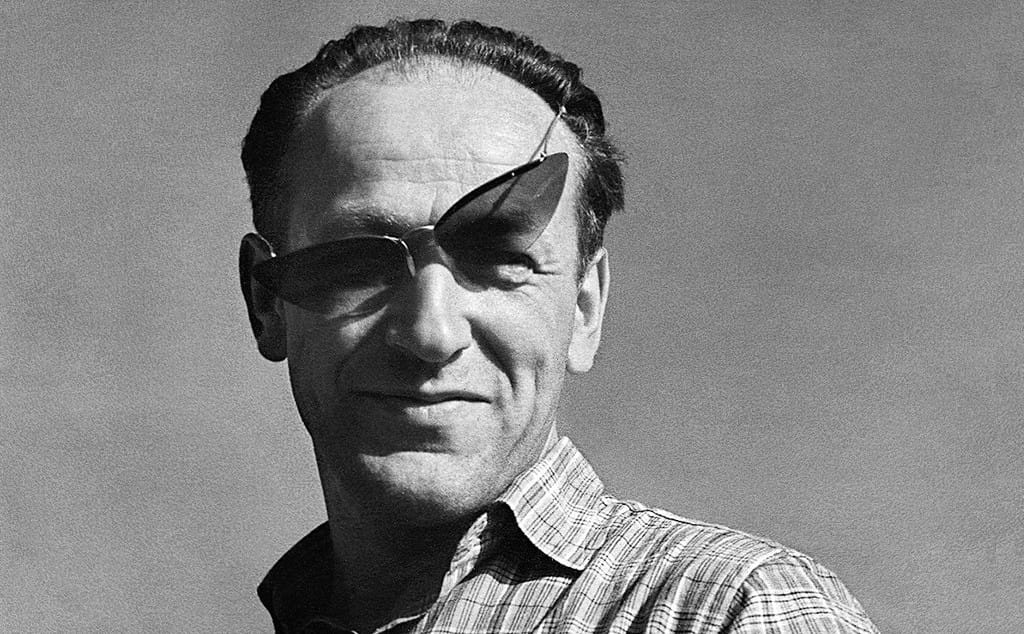Rolands Kalniņš: riding the Baltic New Wave with “Latvia’s Godard”
One of the most important Latvians to ever stand behind a camera.

“Our very own Godard”. That’s how Latvian critic Lauma Mellēna-Bartkeviča referred to the legendary Latvian director and screenwriter Rolands Kalniņš in a 2018 retrospective celebrating the filmmaker, who had died three years previously, just a week after his 100th birthday. He was indeed the maverick that such an honorific promises. In Masculin féminin, Godard famously coined the phrase the “Children of Marx and Coca-Cola”, which could be used to describe the colourful, popular, and ideologically oppositional cinema of Kalniņš, one of the most important Latvians to ever stand behind a camera.
Kalniņš was born in 1922 near the border with Russia in Vecslabada, a peninsula situated between three lakes. His youth was spent in the turbulent and belligerent times of Nazi and Soviet occupations and then the Second World War. He was a contemporary of both Jean-Luc Godard (1930-2022) and Federico Fellini (1920-1993), leaders in the French and Italian New Waves that re-negotiated the cinema conventions of the 1960s. He was also a great iconoclast to status-quo filmmaking, just like his Western European peers. Narrative conventions and ideological guidelines mattered less to Kalniņš than making the films he envisioned the way he envisioned them.
After school, Kalniņš worked a series of short-stinted jobs in the early 1940s, including as a newspaper delivery boy and sports journalist, before finding a job in a theatre. In 1944, he finally landed at Riga Film Studio, successfully dodging the military draft along the way. He never formally studied film. This biographical coincidence, as well as the shared surname, draws attention to the main character in his most famous work, Four White Shirts (1967). Cēzars Kalniņš (Uldis Pūcītis) is a lyricist for the edgy rock band The Optimists with no formal art schooling, who is accused by a bandmate of not knowing a musical key from a closet key. At Riga Film Studio he worked his way up from assistant director to director with relative haste. By 1959, at 37 years old, he had endured the system long enough to make his directorial debut with Ilze, a propaganda film set in 1947 around the murderous drama of a countryside collective farm. It would be the first of 25 films.
Continue reading on the Klassiki Journal.